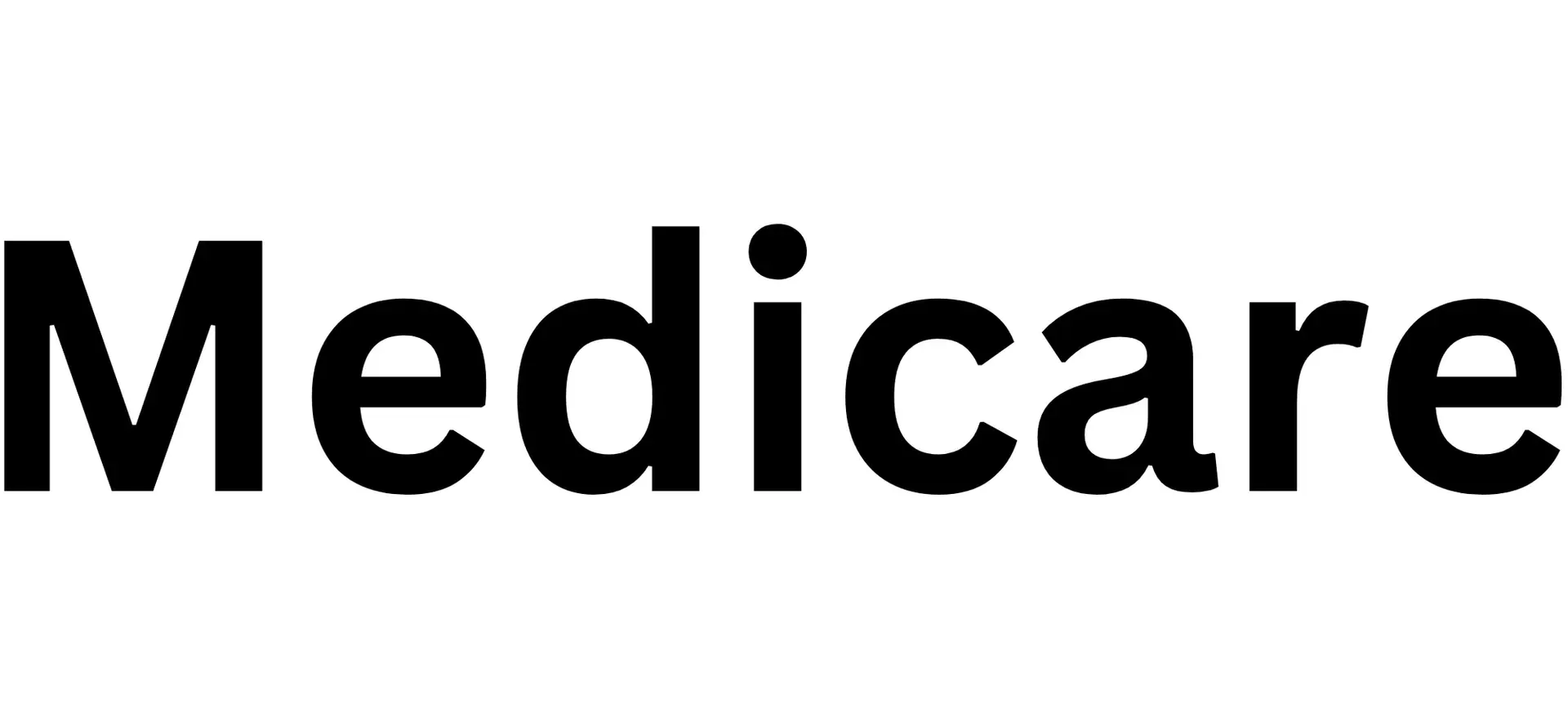top of page
Asian Home health care in minnesota
You will Learn:
-
About Rainbow Home Healthcare
-
Rainbow Home Healthcare’s Serving the Asian Communities in the Twin Cities
-
Rainbow Home Healthcare’s Services
-
Why Choose Rainbow Home Healthcare?
Culturally Sensitive In-Home Care for Your Loved Ones
At Rainbow Home Health Care, we have provided services such as PCA, CSG, and CFSS for the Asian communities for 20 years in the Twin Cities. We offer modern care services while also understanding the unique cultural needs of Asian Americans and offer personalized support that helps our clients maintain independence and dignity in the comfort of their homes.
Whether your loved one needs assistance with daily activities, companionship, or help around the house, our caregivers provide care with warmth, respect, and cultural understanding.
🏡 Serving the Asian Community with Heart
Caring for elders is a deep tradition within the Asian community, and we honor that tradition with services that feel like family. Our caregivers are trained to support language preferences, dietary customs, and respectful interpersonal care, so your loved ones feel truly seen and understood.
We’re proud to serve a diverse range of Asian cultures, including Chinese, Karenni, Vietnamese, Thai, Hmong, Karen, and more.
💖 Our Non-Medical Home Care Services
Personal Care Assistant (PCA)/Community First Services and Supports (CFSS)
We offer top-rated PCA/CFSS services to help seniors and adults with disabilities maintain their independence at home and in the community. These services assist with daily routines while promoting dignity and quality of life.
👉 Learn more about PCA/CFSS
Homemaker Services
Our Homemaker Services support individuals with tasks like:
-
Light housekeeping and laundry
-
Grocery shopping and errands
-
Meal prep and phone call assistance
-
Safety supervision and medication reminders
-
Help at community events
👉 Learn more about Homemaker services
IHS Without Training
This service supports individuals with disabilities, chronic conditions, or age-related challenges at home and in the community. Support includes:
-
Community participation
-
Health and safety support
-
Household management
-
Development of adaptive skills
👉 Learn more about IHS services
Night Supervision Services
For individuals who need assistance during the night, our trained staff provides:
-
Overnight monitoring and support
-
Help with nighttime routines
-
Ongoing care for safety and comfort
👉 Learn more about Night Supervision
Adult and Elderly Companion Care
Our Companion Care services are perfect for functionally impaired adults needing:
-
Emotional support and conversation
-
Assistance with light tasks (laundry, shopping, etc.)
-
Accompaniment to community or social events
👉 Learn more about Companion Services
Respite Care Services
Caregivers need care too. Our Respite Care offers:
-
Temporary relief for family caregivers
-
Short-term support for loved ones
-
Peace of mind while you recharge
👉 Learn more about Respite Care Services
🌏 Why Families Choose Rainbow Home Health Care
-
20 years of home health care experience
-
Caregivers with cultural awareness and language skills such as Karenni, Thai, English, Hmong, Karen, Chinese, and more.
-
Trusted by 500 families in the Twin Cities for their care services
-
Services tailored to Asian Americans and their traditions
-
Respect for multigenerational family dynamics
-
Compassionate, non-medical care that feels personal and familiar
Our goal is to be an extension of your family; someone you can trust to care with the same love and respect.
💬 Voices from the Asian Community
"As a Hmong speaker, they make sure to explain everything in Hmong so I understand all the information. Top Hmong home healthcare in Minnesota, highly recommended!"
– Mr. Vang, Son of Client
"They are very professional and helpful. They help my family alot and im very grateful."
– Mr. Reh, Son of Client
"All staff very nice and Friendly."
– Ms. Yang, Client
📞 Connect with Rainbow Home Health Care Today
Your loved ones deserve care that respects their culture and values. Let’s talk about how we can support your family.
You can contact Rainbow Home Healthcare at 651-778-0562 or Email us at
info@rainbowhhc.com
Still have more questions?
FAQs
We Have Answers For Your Questions!
Frequently asked questions
General Questions
EVV
CFSS
General
Articles
New Category
ACCEPTED INSURANCES
Contact us
Let's Work on Your Needs
The support you need is only one click away
Our Hours
bottom of page






